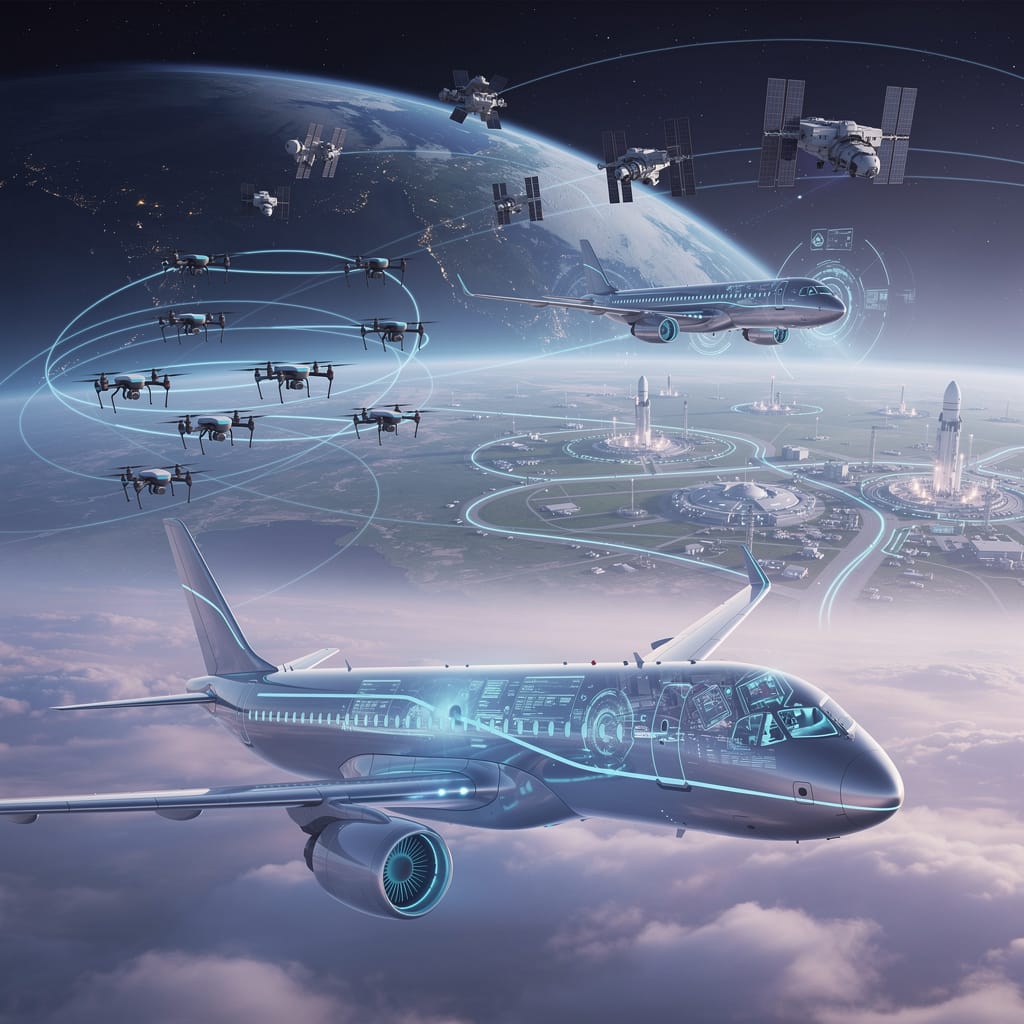Exploring the Intersection of AI and Anthropology: Shaping Cultural Understanding and Ethical Engagement
We delved into the fascinating intersection of AI and anthropology, uncovering how AI technologies are impacting the field’s methodologies, theoretical frameworks, and social implications. This blog post aims to provide a concise summary of our discussions, highlighting the most important aspects that emerged during our exploration.
AI’s Impact on Anthropological Research
We explored how AI technologies are transforming anthropological research methodologies. AI algorithms and machine learning techniques enable more efficient data analysis, pattern recognition, and the exploration of large datasets. Digital ethnography and online community research have been expanded with the use of AI tools, allowing for the study of digital cultures and social dynamics in virtual spaces.
Ethical Considerations
Ethical considerations emerged as a significant theme in our conversation. The integration of AI in anthropological research raises concerns related to privacy, informed consent, algorithmic biases, and the responsible use of technology. Anthropologists play a vital role in navigating these ethical challenges and ensuring that AI technologies respect the rights, well-being, and cultural values of research participants and communities.
AI as a Subject of Study
We discussed how anthropologists study the social and cultural implications of AI itself. They investigate how AI technologies shape societies, impact human relationships, influence decision-making processes, and raise concerns about power dynamics and inequality. Anthropological research sheds light on the cultural meanings and social effects of AI technologies, contributing to a more nuanced understanding of their impact.
Cross-Cultural Understanding and Collaboration
AI technologies offer opportunities to enhance cross-cultural understanding and collaboration within anthropology. Language translation tools, sentiment analysis, and image recognition algorithms facilitate communication, analysis of diverse cultural materials, and collaboration across linguistic boundaries. These tools help anthropologists navigate cultural diversity, foster inclusivity, and create platforms for collaborative knowledge sharing.
Challenges and Future Directions
We addressed some of the challenges encountered in the field, such as ethical considerations, cultural biases, power imbalances, and limited resources. Additionally, the influence of globalization, digital ethics, and academic institutional constraints were discussed as factors shaping anthropological research. Despite these challenges, anthropologists continuously strive to conduct research that respects cultural diversity, engages with AI developers, and promotes ethical and socially responsible practices.
Conclusion
The conversation highlighted the significance of AI in anthropology and its potential to shape cultural understanding and ethical engagement. It emphasized the need for anthropologists to actively engage with AI technologies, contribute to their responsible development, and address the ethical implications they raise. By embracing interdisciplinary collaborations, maintaining cultural sensitivity, and critically examining the impact of AI, anthropologists can contribute to a more inclusive and ethical approach in the study of human cultures.
In summary, the intersection of AI and anthropology presents both opportunities and challenges, necessitating ongoing reflection, collaboration, and ethical engagement. By navigating these dynamics, anthropologists can harness AI technologies to deepen cross-cultural understanding, promote inclusivity, and ensure that research practices align with cultural values and respect the rights of communities.

Source OpenAI’s GPT language models, Fleeky, MIB, & Picsart
Thank you for questions, shares and comments!
Share your thoughts or questions in the comments below!






